The innovative capabilities of blockchain technology should not go unappreciated. Spurred by the unprecedented success of its application in cryptocurrencies like Bitcoin, the use and potential applications of blockchain has been recognized across all industries, healthcare being one such instance.
This utilisation of blockchain in healthcare has introduced revolutionary transformations starting with data analytics through to security measures and interoperability within the system architecture pattern. Not only do these bring tangible benefits resulting in improved patient care, but it also launches greater operational efficacy anticipating better prospects for future ventures in medical sciences championed by technology.
This article seeks to dive deeper into how blockchain is forging its path into healthcare applications and developing a decentralised, secure and transparent ecosystem of the highest calibre. Stay tuned as we examine the innovative possibilities that are bound to unfold.
How Blockchain Is Transforming Healthcare?
Blockchain technology is significantly transforming the healthcare industry. By providing a secure and transparent platform for data exchange among each of the stakeholders in each healthcare system, blockchain can improve transaction accuracy, cost savings, and processing time. Additionally, its removal of traditional intermediaries like insurance companies and other organisations increases efficiency while significantly reducing paperwork.
Data Security and Privacy
Blockchain’s decentralised nature and encryption techniques can offer robust data security, reducing the risk of unauthorised access.
Blockchain-based healthcare apps utilise cryptographic techniques to ensure data integrity and confidentiality. Patient records, treatment plans, and other medical information are stored on an immutable blockchain ledger. As a result, healthcare professionals, patients, and authorised personnel can access patient data with utmost confidence in its accuracy and confidentiality.
Interoperability and Data Sharing
The medical sector has long faced challenges with interoperability between different systems, impairing the efficient exchange of patient data. Blockchain technology offers a solution by creating a single standardised platform for the sharing of medical information. Utilising this new technological approach, there is no longer any need for an intermediary and increases patient access to critical information in real time.
Physicians can use the data provided over this blockchain platform, giving them a comprehensive history that includes past diagnoses, allergies and treatments allowing them to take informed decisions improving patient outcomes. This blockchain based application stimulates an implosion in connectivity allowing hospitals, clinics, pharmacies and patients multiple ways to interact without obstruction or limitations set by any intermediary software.

Drug Traceability and Supply Chain Management
Counterfeit drugs have long plagued the pharmaceutical industry, posing serious threats to patient safety. Blockchain-based applications have the potential to transform drug traceability and supply chain management, ensuring the authenticity of medications from manufacturers to consumers.
By recording every step of the drug’s journey on the blockchain, including manufacturing, transportation, and distribution, these applications create an immutable audit trail. Patients can easily verify the legitimacy of the medication they receive, reducing the risk of consuming counterfeit or substandard drugs.
Clinical Trials and Research
Clinical trials play a crucial role in advancing medical knowledge and treatment options. However, the process is often slow, expensive, and prone to data manipulation or fraud. Blockchain-based platforms can streamline and enhance the clinical trial process by providing transparent and auditable records.
With blockchain technology, researchers can securely record, store, and share trial data, ensuring the integrity of results. Smart contracts within the blockchain can automate payment disbursement to participants and streamline regulatory compliance, making the entire process more efficient and reliable.
Healthcare Payments and Insurance
Blockchain’s decentralized nature can revolutionize the healthcare payment and insurance processes. Traditionally, healthcare transactions involve multiple intermediaries, leading to high administrative costs and delays in reimbursement.
Blockchain-powered payment systems can facilitate direct peer-to-peer transactions, reducing administrative overheads and ensuring timely payments. Patients can have more control over their healthcare expenses, while healthcare providers can receive payments faster, improving cash flow.

Telemedicine and Remote Patient Monitoring
Telemedicine and remote patient monitoring have gained significant traction, especially during the COVID-19 pandemic. Blockchain technology can further enhance the security and privacy of telemedicine services.
Blockchain apps can provide a secure and decentralised platform for teleconsultations and remote patient monitoring, enabling patients and healthcare providers to exchange sensitive health data without concerns about data breaches or unauthorised access.
Read Also: Blockchain in Healthcare: Transforming the Industry with Innovative Apps
Personal Health Records and Ownership
Blockchain technology empowers patients to take charge of their health data by granting them ownership and control over their personal health records (PHRs). Instead of relying on fragmented data stored across various healthcare providers, patients can maintain a comprehensive and up to date PHR on the blockchain.
The patient’s PHR can be easily shared with healthcare professionals or researchers, facilitating more personalised and efficient care while safeguarding privacy. Additionally, patients can grant or revoke access to specific health information, enhancing data privacy and autonomy.
Conclusion
Blockchain technology holds tremendous potential to revolutionise the healthcare industry. It offers innovative solutions to address some of its most critical challenges involving data security, interoperability, and patient privacy. With increasing adoption of blockchain in the healthcare sector we will likely see larger efficiency gains in health processes along with improved outcomes for both patients and providers alike.
But all emerging technologies bring their own unique set of challenges. Regulatory compliance, scalability and user acceptance are just some of these obstacles blockchain in healthcare faces today. Overcoming these impediments requires concerted action from administrators who oversee healthcare, experts who understand the profound implications of technology, and policy makers orienting themselves toward satisfying patient needs in efficient and secure ways that become the norm.
What are the reasons to choose QSS Technosoft Inc as your development partner?
QSS Technosoft Inc. is a prominent, full-service firm working in the blockchain domain. We have a deep understanding of delivering secure, reliable, and scalable blockchain solutions for the modern enterprise. Our highly skilled specialists focus on creating tailor-made distributed ledger applications with the aim of streamlining business processes within healthcare organisations.
Additionally, our team is preeminent in developing pioneering smart contract contracts leading to greater efficiency in the system while securing patient safeguards. With our independent counsel and proven proficiency in technology adaptation, we support corporations to gain the full fruition of blockchain technologies for an optimal workflow.
Contact us now to entirely leverage the power of blockchain technology and upskill your work structure today.


Blockchain Technology in Healthcare: Transforming the Industry with Innovative Apps